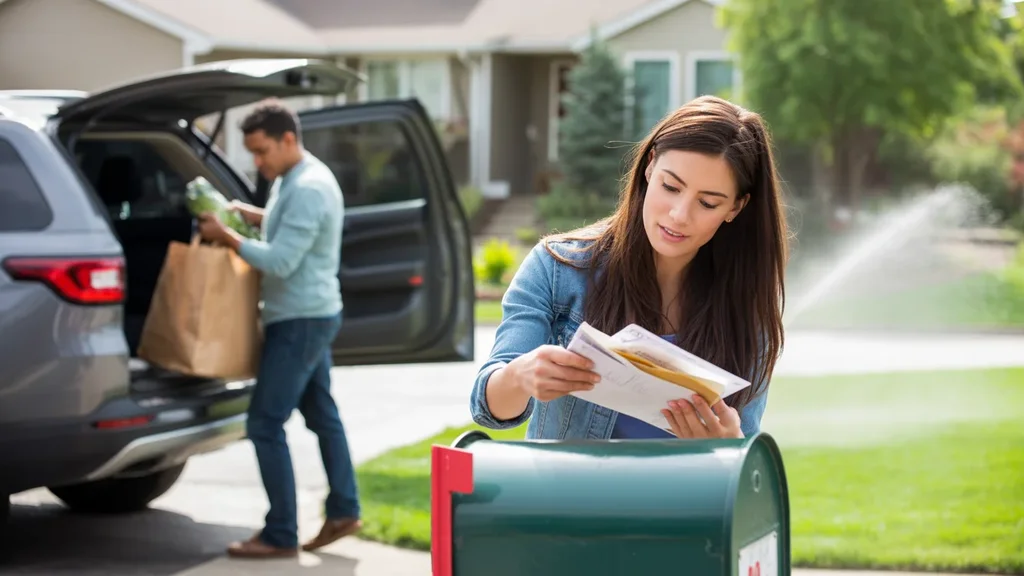Unexpected Living Costs in Aurora

When budgeting for life in Aurora, it’s easy to overlook the hidden fees that can add up each month. Surprise charges for utilities, permits, HOA violations, and seasonal services can tack on an extra $100–$300 per month, depending on your home size, usage patterns, and neighborhood. As a resident, it pays to know what extra costs to anticipate.
Before signing a lease or closing on a home purchase in Aurora, take time to review:
- Utility bills and service charges
- HOA dues and community assessments
- City permits and inspection fees
- Seasonal upkeep and maintenance costs
By understanding these often-overlooked expenses, you can craft a more realistic budget and avoid being caught off guard. Let’s break down the most common hidden fees Aurora residents encounter.
Common Utility and Service Fees
Beyond standard electric, gas, and water bills, Aurora residents may see extra line items for:
- Trash and recycling collection ($20-35/month)
- Water usage over base allotment ($5-15/1,000 gal)
- Stormwater runoff fee ($5-10/month)
- Metered landscape irrigation ($10-50/month in summer)
- Sewer maintenance and improvement tax ($10-20/month)
These municipal service charges can be easy to miss when comparing basic utility costs between homes. To get a full picture, always request the most recent 12 months of statements from the seller or landlord. You’ll be able to see the actual usage and identify any seasonal spikes or unit-specific fees.
Permit and Inspection Fees
Whether you’re a renter making alterations or a homeowner planning a renovation, Aurora requires permits and inspections for many property improvements. Pulling a permit for kitchen updates, basement finishing, or backyard upgrades will generally run $200-500 in the city.
Other common permit and inspection fees include:
| Fee Type | Estimated Cost |
|---|---|
| Short-term rental license | $75-150 annually |
| Residential parking permit | $25 per vehicle |
| Pet license | $15-30 per animal |
It’s also important to note HOA violation fines, which can range from $25-500 per infraction for unapproved architectural changes, landscaping neglect, improper parking, or failure to clean up after pets. Avoid expensive penalties by carefully reviewing your HOA’s rules and [understanding property tax and HOA fees in Aurora](/aurora-co/property-tax-hoa/).
Neighborhood-Specific or Seasonal Charges
Depending on your subdivision or HOA, you may be billed for shared amenities and services like:
- Community pool maintenance ($20-50/month)
- Landscape and snow removal ($10-30/month)
- Mosquito abatement programs ($5-10/month)
- Clubhouse or fitness center dues ($25-75/month)
- Bulk trash and large item pickup ($25-100/occurrence)
Some HOAs handle these costs through quarterly or annual assessments instead of monthly billing. In older Aurora neighborhoods with fewer amenities, the charges may be a la carte or outsourced to third-party contractors. Be sure to clarify how seasonal services are billed so you can plan accordingly.
How to Plan for These Hidden Costs
The best way to prepare for Aurora’s hidden fees is to overestimate your monthly expenses by 10-15% when making your budget. This buffer will help absorb any surprises as you learn your neighborhood’s unique billing practices and seasonal maintenance needs.
🏆 Planning Tip: Always ask for the last 12 months of utility statements when buying a home in Aurora. Analyzing the actual water, electric, gas, and sewer charges will give you a realistic baseline.
For a more detailed look at typical utility costs, check out our guide to [Aurora utility costs explained](/aurora-co/utilities-breakdown/). You’ll find average monthly figures for different home sizes and breakdowns by provider.
FAQ: Hidden Costs of Living in Aurora
Do HOA fees include everything?
Not necessarily. While HOA dues often cover shared amenities and services, there may be additional neighborhood fees for parking, pets, rentals, or violations. Always request a full schedule of assessments before buying in an HOA community.
What’s the most overlooked city fee?
Aurora’s metered water for irrigation is one of the most commonly missed charges. Many homes have a separate meter for outdoor watering, which can spike during summer months. Plan for a 20-50% increase in your water bill from June through September.
Can landlords charge separately for trash or irrigation?
Yes, unless your lease specifies that the landlord covers certain utilities, they can bill you separately for any municipal services. If you’re renting in Aurora, be sure to ask for a breakdown of anticipated monthly charges before signing.
Avoiding Surprise Charges in Aurora
While it’s impossible to predict every hidden fee, Aurora residents can sidestep most billing surprises by:
- Requesting previous utility statements
- Clarifying HOA dues and assessments
- Budgeting for seasonal upkeep and permits
- Padding monthly expenses by 10-15%
By taking a proactive approach and learning your neighborhood’s quirks, you can keep those hidden fees in check and enjoy all that Aurora has to offer.
Ready to crunch the numbers? Download our free Aurora Cost of Living Calculator to compare your current expenses to estimated totals in your new neighborhood.
